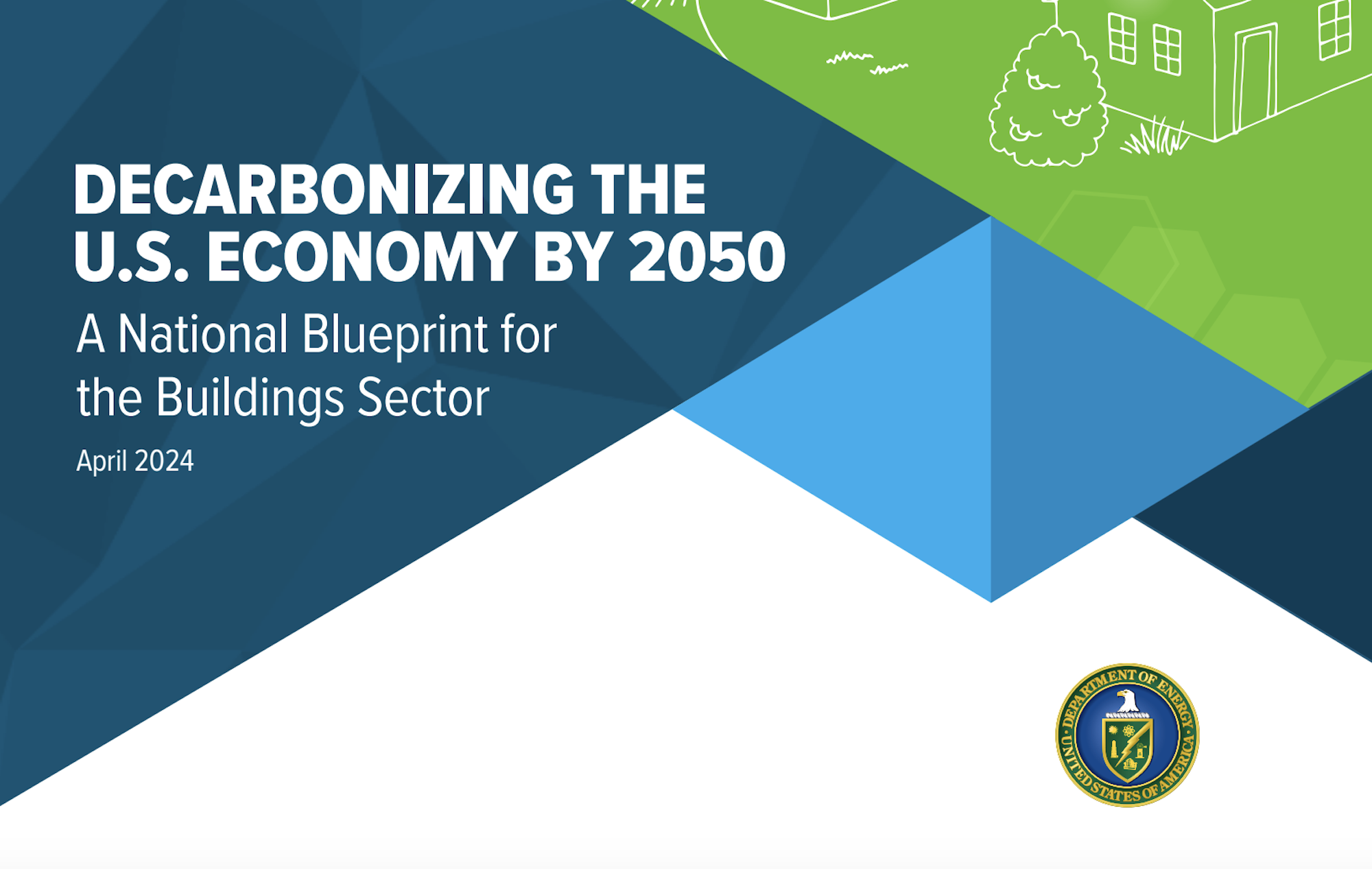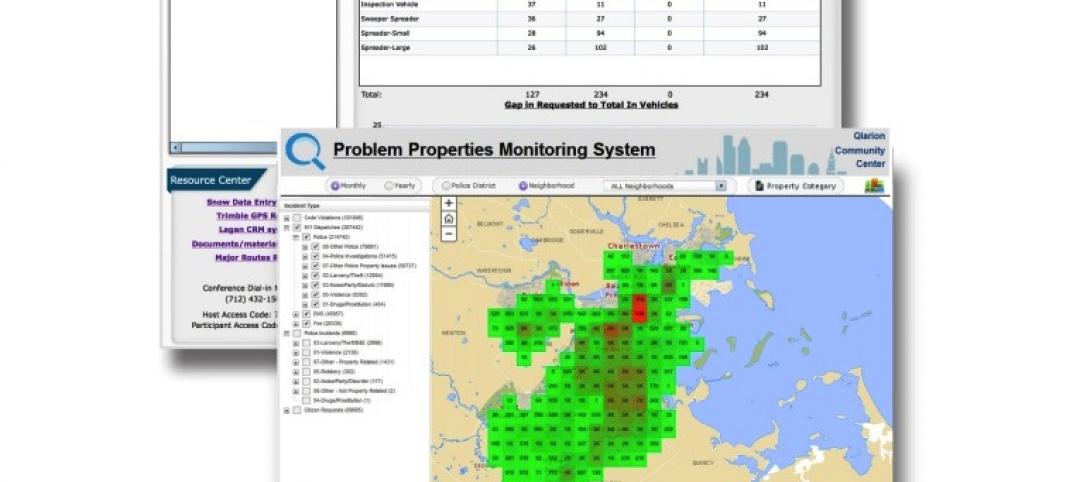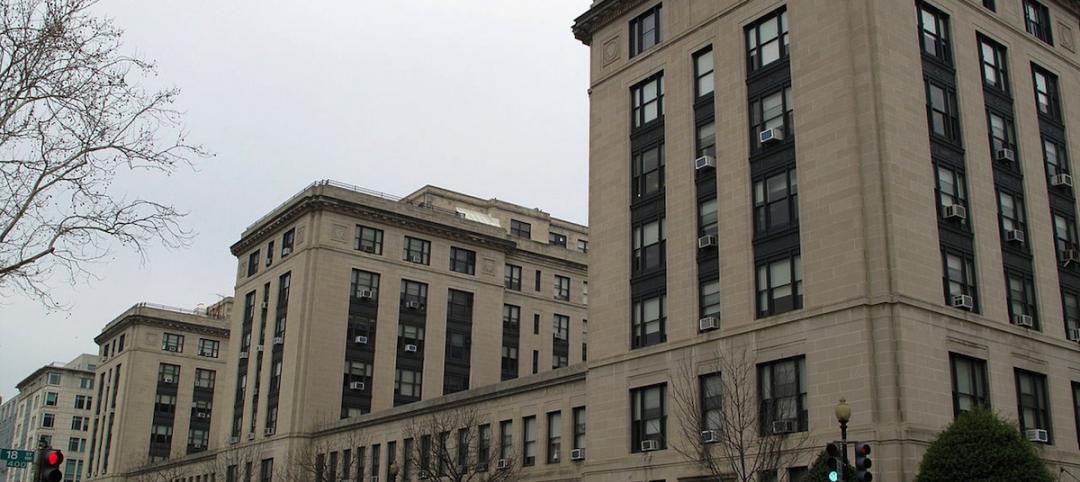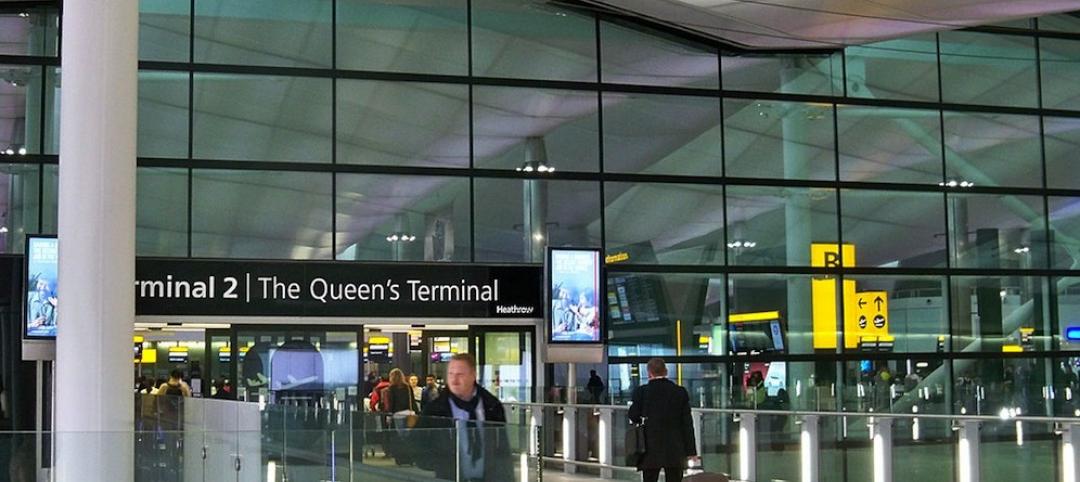The Biden Administration recently released “Decarbonizing the U.S. Economy by 2050: A National Blueprint for the Buildings Sector,” a comprehensive plan to reduce greenhouse-gas (GHG) emissions from buildings by 65% by 2035 and 90% by 2050.
The Blueprint is the first sector-wide strategy for building decarbonization developed by the federal government. It outlines ways to reduce energy in homes, schools, and workplaces.
To reach the emissions reduction targets for the buildings sector, the Blueprint sets four strategic objectives:
• Increasing building energy efficiency
• Accelerating onsite emissions reductions
• Transforming the interactions between buildings and the electricity grid
• Minimizing the emissions from producing, transporting, installing, and disposing of building materials
Each objective has specific performance targets and market, policy, and technology milestones to reach by 2035 and 2050. Meeting these targets will require accelerated deployment of a wide range of decarbonization and energy efficiency technologies. The Blueprint outlines coordinated federal actions that can increase the speed and scale of solutions deployments. Those actions include funding research and development to develop lower-cost technologies, expanding markets for low-carbon technologies, providing direct funding and financing, and supporting the development and implementation of emissions-reducing building codes and appliance standards.
The Department of Energy, a key player in the administration’s decarbonization drive, is focused on building innovations in three pivotal areas: building upgrades, efficient electrification, and smart controls.
Related Stories
| Dec 18, 2014
Boston testing mobile building permit tracking app
The app called Permit Finder could free city employees from having to respond to the 30 to 40 permit status-related calls they receive each week.
| Dec 18, 2014
Deal on 2015 budget slashes most federal construction spending
The $1.1 trillion funding bill for fiscal year 2015 approved by Congress makes deep cuts in some construction programs, but the General Services Administration suffered just a short haircut by comparison.
| Dec 11, 2014
Mayor backs reform of Pittsburgh inspection, permitting practices
The proposal, among other things, would impose a rental registration program and fee targeted at keeping better track of problem landlords.
| Dec 11, 2014
Los Angeles mayor proposes earthquake retrofit program
The ambitious program would focus on some apartment buildings built before 1978 and concrete buildings constructed before 1976.
| Dec 11, 2014
Outdated building code hampering recruitment of high-tech businesses in New York State
New York State’s building code is outdated and is hampering the recruitment of high-tech employers, according to a coalition of construction, fire safety, and insurance industry groups.
| Dec 11, 2014
Defense Authorization Act rejects BRAC for 2017
The House of Representatives has passed the $584.2 billion Defense Authorization Act.
| Dec 4, 2014
New airports raising green standards to new heights
Recent airport designs are bigger and much more efficient, based on a look at recent projects in Mexico City, London, and China.
| Dec 4, 2014
Rock Hill, S.C., puts moratorium on multifamily construction
City officials say the flurry of apartment construction over the past year has strained resources, including public services and infrastructure.
| Dec 4, 2014
Ontario contractors renew push for prompt payment legislation
A new coalition of Ontario contractors, construction associations, suppliers and trade unions will push for a revival of prompt payment legislation late this year.
| Dec 4, 2014
Roofing material manufacturers extend research project on sustainable roofing
A coalition of trade groups is sponsoring continued analysis of a reroofing project at the Onondaga County Correctional Facility in Jamesville, New York.














